
William Boyce was an English composer and organist.

Herbert Norman Howells was an English composer, organist, and teacher, most famous for his large output of Anglican church music.
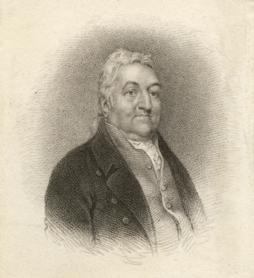
John Stafford Smith was a British composer, church organist, and early musicologist. He was one of the first serious collectors of manuscripts of works by Johann Sebastian Bach.
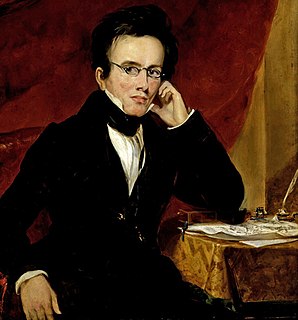
Sir John Goss was an English organist, composer and teacher.

William Horsley was an English musician. His compositions were numerous, and include amongst other instrumental pieces three symphonies for full orchestra. More important are his glees, of which he published five books (1801–1807) besides contributing many detached glees and part songs to various collections. His glees include "By Celia's Arbour," "O, Nightingale," and "Now the storm begins to lower", and his hymn tunes Horsley usually set to There is a green hill far away.
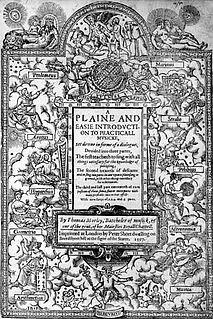
Thomas Morley was an English composer, theorist, singer and organist of the Renaissance. He was one of the foremost members of the English Madrigal School. Referring to the strong Italian influence on the English madrigal, The New Grove Dictionary of Music and Musicians states that Morley was "chiefly responsible for grafting the Italian shoot on to the native stock and initiating the curiously brief but brilliant flowering of the madrigal that constitutes one of the most colourful episodes in the history of English music."

Anglican church music is music that is written for Christian worship in Anglican religious services, forming part of the liturgy. It mostly consists of pieces written to be sung by a church choir, which may sing a cappella or accompanied by an organ.

Samuel Sebastian Wesley was an English organist and composer. Wesley married Mary Anne Merewether and had 6 children.
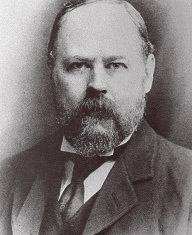
Basil Harwood was an organist and composer in the English church music tradition, best known today for his liturgical works, particularly his anthem O How Glorious is the Kingdom (1898) and his Service in A flat (1892), which still remain popular in English churches. He wrote numerous hymn tunes, several of which became well-known including Luckington and Thornbury ("O Jesus I Have Promised" and "Thy hand, O God, has Guided").
Edwin Arthur Jones, was an American composer. He was called "one modest man who knows the power of music" by Edward Everett Hale. These include a masterful cantata and a large oratorio in three parts, modeled after Handel's Messiah.
Sir Edward Cuthbert Bairstow was an English organist and composer in the Anglican church music tradition.
Jonathan Battishill was an English composer, keyboard player, and concert tenor. He began his career as a composer writing theatre music but later devoted himself to working as an organist and composer for the Church of England. He is considered one of the outstanding 18th century English composers of church music and is best remembered today for his seven-part anthem Call to Remembrance, which has long survived in the repertoires of cathedral choirs.

Sir John Andrew Stevenson was an Irish composer. He is best known for his piano arrangements of Irish Melodies with poet Thomas Moore. He was granted an honorary doctorate by the University of Dublin and was knighted in April 1802.

Hail Smiling Morn, Roud #1346, is a glee which is sung either as a Christmas carol or as an Easter carol, and features in the Yorkshire pub Christmas singing traditions found in several parts of the city of Sheffield. It is performed also by choral societies in Saddleworth, Huddersfield, and Bradford. Shape Note singers sing this song during the Christmas season from An American Christmas Harp.
Richard John Samuel Stevens was an English composer and organist.

John Alcock was an English organist and composer. He wrote instrumental music, glees and much church music.
John Wainwright (1723–1768) was an English church organist and composer. He was appointed organist and singer at the Manchester Collegiate Church on 12 May 1767, a year after the publication of his A Collection of Psalm Tunes, Anthems, Hymns and Chants, which included the Christmas hymn "Christians Awake, Salute the Happy Morn".
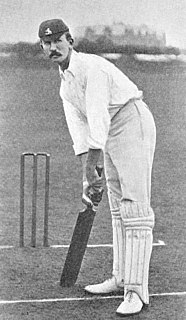
Haldane Campbell Stewart was an English musician, composer and cricketer. He was organist and choirmaster of Magdalen College, Oxford, and a composer known for his liturgical music. He played first-class cricket as a batsman for the Kent County Cricket Club.
Philip Knapton was an English organist and composer, active in the musical life of York.
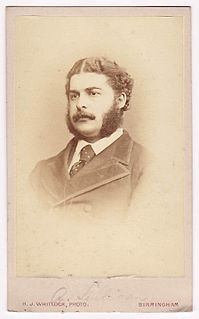
I Will Mention the Loving-kindnesses is an anthem for Easter by Arthur Sullivan. The text is taken from the Book of Isaiah, scored for solo tenor, mixed choir and organ. It was published by Novello in 1875, dedicated to John Stainer.














